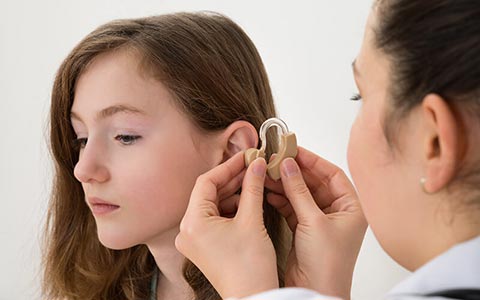Traditional Chinese medicine views the human body as an interconnected system, where each organ works together, and the sensation of coldness in different areas reflects the functional state of specific organs. For example, abdominal coldness is often related to the weakness of spleen and stomach yangqi, or the stagnation of cold and dampness; cold sensation in the legs may stem from the liver’s sluggish qi movement; and coldness in the waist is often a manifestation of kidney yang deficiency. Therefore, enhancing yangqi requires personalized adjustment based on the characteristics of each organ.
For addressing abdominal coldness, the key lies in warming the spleen. Choosing warm tonifying ingredients such as ginger, Chinese yam, and millet to aid digestion and increase heat is crucial. Moxibustion on specific acupoints like Zhongwan and Zusanli, along with a balanced diet while avoiding raw and greasy foods, are effective methods.
To address cold sensation in the legs, it is necessary to soothe the liver and relieve stagnation. Moderate exercise, deep breathing for relaxation, herbal medications like Chaihu Shugan pills, and acupressure on Taichong and Xingjian acupoints can promote circulation and reduce leg coldness.
For coldness in the waist, the focus should be on warming the kidneys and strengthening the foundation. Consumption of warm tonics like lamb and deer antler, moxibustion on Shenshu and Mingmen acupoints, and maintaining appropriate sexual activities can enhance kidney function, alleviate lumbar soreness and weakness.
During comprehensive care, attention should be paid to all parts of the body, maintaining a regular lifestyle, positive mindset, and suitable environment, which all contribute to promoting yangqi and cold prevention.
Daily health tips include: soaking feet in hot water with mugwort and ginger to improve lower limb circulation; massaging the abdomen in the morning and evening to aid digestion; gently patting the gallbladder and bladder meridians for overall qi and blood circulation. Remember, Chinese medicine treatment emphasizes individual differences. When facing health issues, consult a professional traditional Chinese medicine practitioner, customize a personalized plan, seek balance between yin and yang for optimal health benefits. By following comprehensive maintenance measures, one can not only eliminate local coldness but also significantly improve overall health.


